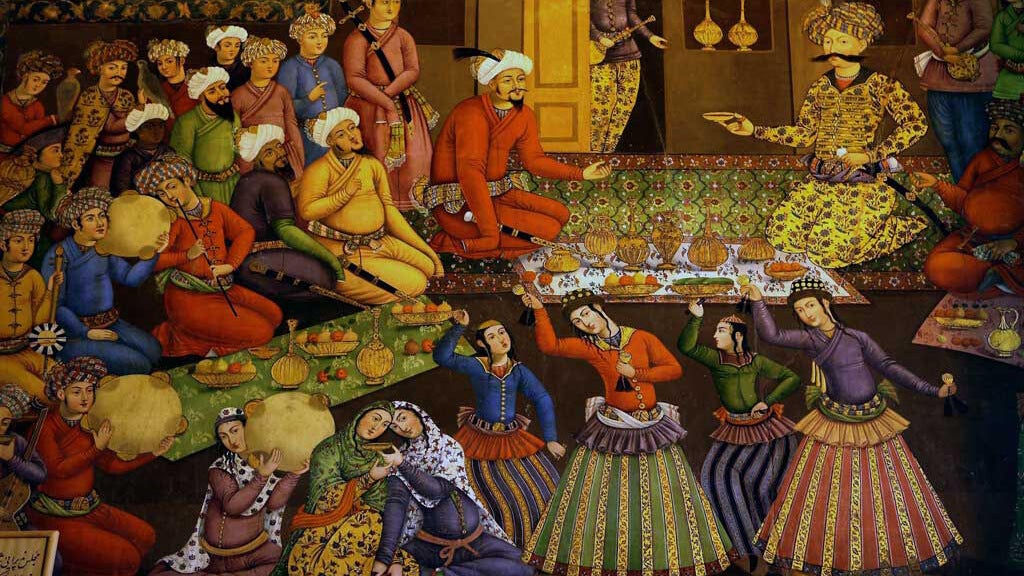Melieka Fathi and Farzad Amoozegar join in a collaborative discussion on the overlap between concepts relating to both music and dance.
Melieka Fathi is the Founder and Artistic Director of the Melieka Fathi Dance Company based in Los Angeles, and is a choreographer, instructor, and performer of Classical Iranian dances, whose style is defined as a blend of historic roots and diasporic inspirations. As the daughter of Iranian immigrants, Melieka's passion for dance was paved through a sacred connection to Iranian arts, and by the exploration of her identity as an Iranian-American woman. She is the Founder and Artistic Director of the Melieka Fathi Dance Company based in Los Angeles, California, and has worked with world-renowned artists and organizations in an effort to preserve and expand upon Iranian arts within diaspora communities.
Farzad Amoozegar is an Adjunct Assistant Professor of Ethnomusicology at UCLA and the Director of the Iranian Music Program and Persian Music Ensemble. He is an ethnomusicologist and a medical anthropologist researching death, dying, and grief; ethics of care; health and wellbeing; and warfare, violence, and militarism. His research extends the conversation about subjectivity and ethics in ethnomusicology and medical anthropology by inquiring into ways in which paraplegic Iranian veterans of the 1980-88 Iran-Iraq War (his ethnomusicology research) and Syrian refugee children (his anthropology project) process violence and suffering and cope with the loss of family members or close friends. Inspired by Islamic philosophy and phenomenology’s impact on ethnomusicology and anthropology, his work sets the stage for rethinking the very foundation of human existence as above all relational, temporal, embodied, ethical, and situated to be-with-the-dead. This perspective fathoms death as a never-resolved engagement. His projects attempt to address the diverse phenomena of subject and subjectivity based on moral responsibility, action, cognition, and affect towards the dead.
The Iranian Music Lecture Series is made possible thanks to generous support from the Farhang Foundation, The UCLA Herb Alpert School of Music Department of Ethnomusicology, and the UCLA Center for Near Eastern Studies, with additional support from the Dean of The UCLA Herb Alpert School of Music.
